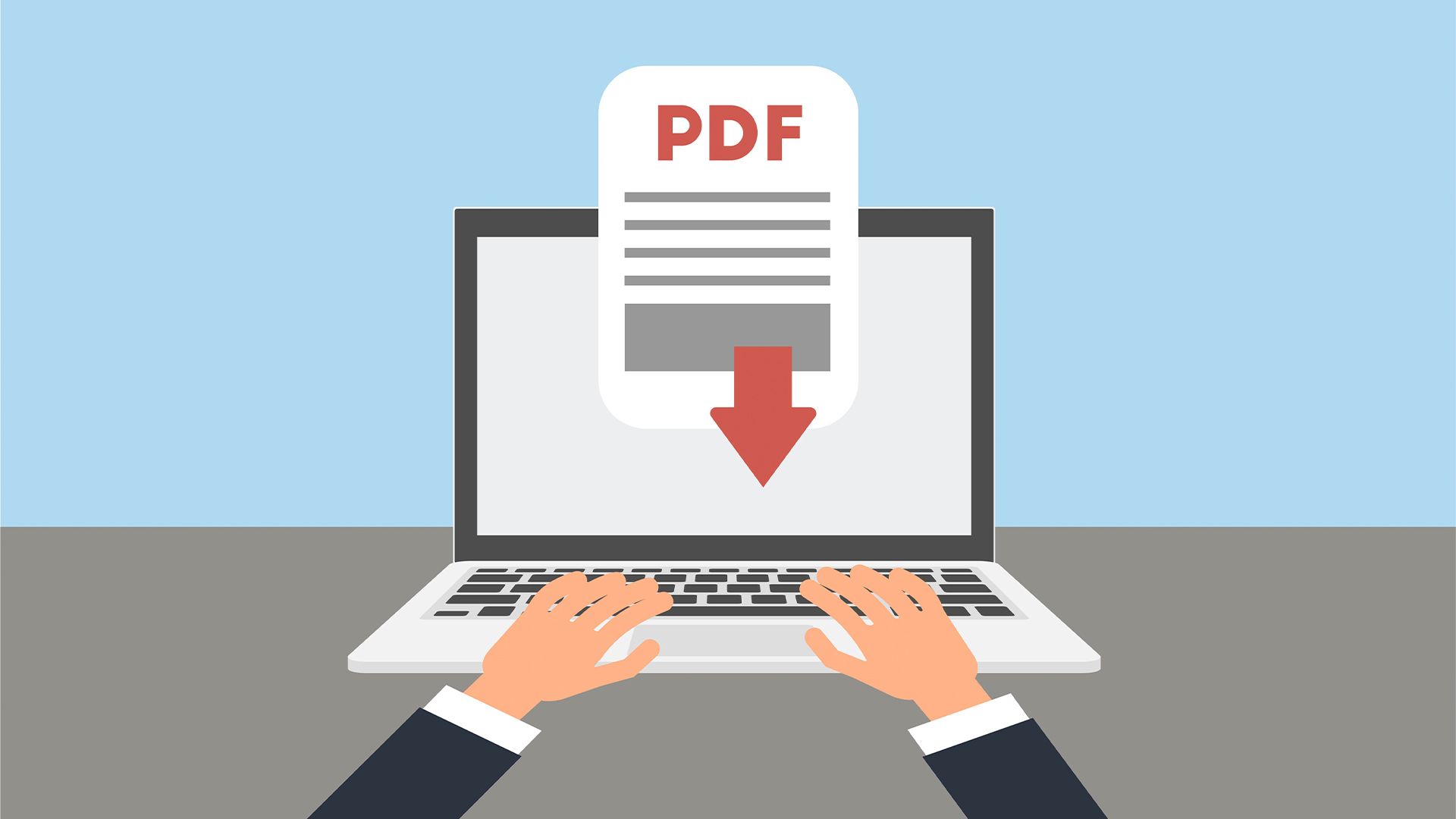Hackers are using PDFs to impersonate big brands like Microsoft and PayPal in a new threat campaign
The new threat campaign highlights the importance of robust staff training, experts told ITPro


Cyber criminals are increasingly using PDF attachments to impersonate major brands for phishing campaigns, according to new research from Cisco Talos.
The PDFs are used to entice victims to phone numbers purportedly belonging to brands including Microsoft, DocuSign, Dropbox, PayPal, and Adobe in what's known as Telephone-Oriented Attack Delivery (TOAD).
Victims are instructed to call a specific number in the PDF to resolve an issue or confirm a transaction.
30% off Keeper Security's Business Starter and Business plans
Keeper Security is trusted and valued by thousands of businesses and millions of employees. Why not join them and protect your most important assets while taking advantage of this special offer?
The attacker then poses as a legitimate representative of the firm and attempts to manipulate them into disclosing confidential information or installing malicious software on their computer.
In a blog post detailing the campaign, Omid Mirzaei, security research lead at Cisco Talos, said this particular attack method, described as ‘callback phishing’ does not rely on traditional techniques such as using fake websites or phishing links.
It’s this, combined with the impersonation of trusted brands, that makes it a particular concern for enterprises.
"Attackers use direct voice communication to exploit the victim's trust in phone calls and the perception that phone communication is a secure way to interact with an organization,” he explained.
Sign up today and you will receive a free copy of our Future Focus 2025 report - the leading guidance on AI, cybersecurity and other IT challenges as per 700+ senior executives
“Additionally, the live interaction during a phone call enables attackers to manipulate the victim's emotions and responses by employing social engineering tactics."
In one example, the threat actor used the enticing subject line, 'Paycheck Increment', strategically timed for periods when promotions or merit changes were likely to occur in various organizations.
The threat actors often use Voice over Internet Protocol (VoIP) to remain anonymous, Cisco Talos warned.
"Using Cisco Secure Email Threat Defense’s brand impersonation detection engine, we uncovered how widespread these attacks are," said Mirzaei.
"Microsoft and Docusign were among the most frequently impersonated brands in phishing emails with PDF attachments. Similarly, NortonLifeLock, PayPal, and Geek Squad were among the most impersonated brands in TOAD emails with PDF attachments."
In many cases, QR codes were used, redirecting victims to a phishing page which is often protected by some form of CAPTCHA.
In most phishing emails with PDF payloads, researchers said the entire email body is embedded in the attachment and is rendered for the victim as soon as they open the email.
This technique easily evades email filters and detection engines that rely on textual features and keywords, unless preceded by optical character recognition (OCR) analysis.
PDF threat campaign highlights importance of staff training
Javvad Malik, lead security awareness advocate at KnowBe4, said the campaign exploits people’s tendency to comply with authority figures, which highlights the importance of robust staff training and awareness.
Notably, the use of these techniques aligns with research conducted by the firm into social engineering practices in recent years. A study from the cybersecurity firm showed attackers “consistently exploit trusted platforms and brand”.
“The 2025 Phishing Threat Trends Report reveals that 62.6% of phishing attacks now use brand display impersonation to establish credibility," he said.
"What's particularly concerning is how these attacks exploit mobile device limitations, where reduced screen visibility makes scrutiny more difficult.”
Statistics published in the phishing report showed that 76.4% of attacks now employ “polymorphic features” to evade detection, Malik said, and the PDF-based impersonations represent another key tactic.
Make sure to follow ITPro on Google News to keep tabs on all our latest news, analysis, and reviews.
MORE FROM ITPRO
Emma Woollacott is a freelance journalist writing for publications including the BBC, Private Eye, Forbes, Raconteur and specialist technology titles.
-
 90% of companies are woefully unprepared for quantum security threats – analysts say they need to get a move on
90% of companies are woefully unprepared for quantum security threats – analysts say they need to get a move onNews Quantum security threats are coming, but a Bain & Company survey shows systems aren't yet in place to prevent widespread chaos
-
 LastPass issues alert as customers targeted in new phishing campaign
LastPass issues alert as customers targeted in new phishing campaignNews LastPass has urged customers to be on the alert for phishing emails amidst an ongoing scam campaign that encourages users to backup vaults.
-
 NCSC names and shames pro-Russia hacktivist group amid escalating DDoS attacks on UK public services
NCSC names and shames pro-Russia hacktivist group amid escalating DDoS attacks on UK public servicesNews Russia-linked hacktivists are increasingly trying to cause chaos for UK organizations
-
 An AWS CodeBuild vulnerability could’ve caused supply chain chaos – luckily a fix was applied before disaster struck
An AWS CodeBuild vulnerability could’ve caused supply chain chaos – luckily a fix was applied before disaster struckNews A single misconfiguration could have allowed attackers to inject malicious code to launch a platform-wide compromise
-
 There’s a dangerous new ransomware variant on the block – and cyber experts warn it’s flying under the radar
There’s a dangerous new ransomware variant on the block – and cyber experts warn it’s flying under the radarNews The new DeadLock ransomware family is taking off in the wild, researchers warn
-
 Supply chain and AI security in the spotlight for cyber leaders in 2026
Supply chain and AI security in the spotlight for cyber leaders in 2026News Organizations are sharpening their focus on supply chain security and shoring up AI systems
-
 Veeam patches Backup & Replication vulnerabilities, urges users to update
Veeam patches Backup & Replication vulnerabilities, urges users to updateNews The vulnerabilities affect Veeam Backup & Replication 13.0.1.180 and all earlier version 13 builds – but not previous versions.
-
 NHS supplier DXS International confirms cyber attack – here’s what we know so far
NHS supplier DXS International confirms cyber attack – here’s what we know so farNews The NHS supplier says front-line clinical services are unaffected



